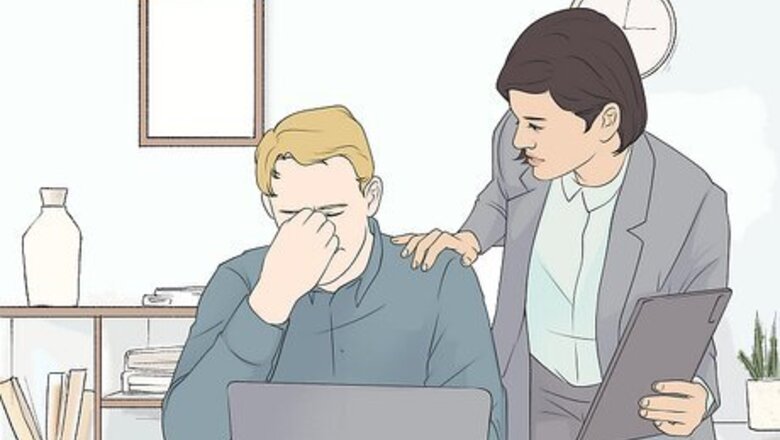
views
What to Say
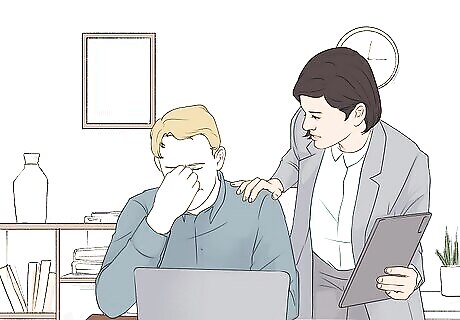
“I don’t feel very well and I need to call out for the day.” If your boss wants you to give a specific reason for calling out, try to keep it vague while still acknowledging that you aren’t feeling well. Mental illnesses like generalized anxiety disorder often manifest in physical ways (e.g., dizziness, stomachache, etc.), which are all reasons you could give your boss. “My heart is racing and I’m having trouble slowing my breathing down. I’ll need a day to focus on my health and address these symptoms.” “I don’t feel well enough to go to work today. I’d like to take the day off.” “I need to call out—I feel really poorly and don’t think I can do my best possible work right now.”
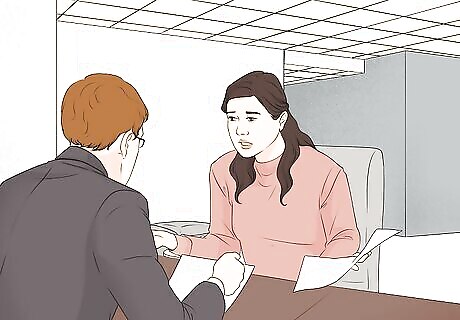
“After speaking with my doctor, I think it’s best that I take the day off.” Give your statement an authoritative edge by chatting with your doctor, psychiatrist, or therapist about your symptoms. Getting their recommendation to stay home may go a long way with your boss, especially if they need a reason for calling off. “I just consulted my doctor, who suggested I stay home for the day. Would it be okay if I took the day off?” “I woke up feeling really unwell and ended up calling my doctor. They agreed that I should stay home for the time being.” “I’m experiencing a lot of unpleasant symptoms, and my doctor agrees that I should take off for today.”

“I’m struggling with a condition that falls under ADA coverage and need the day off.” Many mental health conditions qualify for ADA (Americans with Disabilities Act) protection, including anxiety disorders, depression, bipolar disorder, and more. Mentioning your legal protections should help smooth things over with your employer. “I’m dealing with a flare-up of a condition that’s covered by the ADA. I would appreciate it if I could take the day off to manage it.” “I have a chronic illness that’s protected by the ADA. I’ll need at least a day to recover and get all my ducks in a row.” “I believe I’ve told you that I’m diagnosed with an ADA-protected illness. I’m experiencing some pretty terrible symptoms today, so I would really appreciate the day off.”
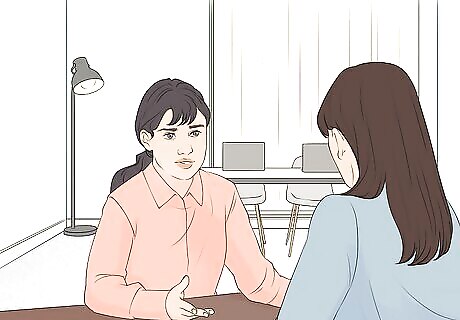
“I’m really struggling with my anxiety and need a day to sort things out.” If your employer is on the empathetic side, it’s completely fine to go into more detail about your mental illness and how it’s affecting you. Consider whether they'll be sympathetic or may violate your trust before divulging any highly personal information. “I had a really bad flare-up with my depression and need a couple of days to recover.” “I believe that I’ve mentioned my panic disorder to you before. I woke up this morning to a debilitating panic attack and need the rest of the day to recoup.” “I’m having a tough time dealing with my bipolar disorder. I really need a day or 2 to get back on my feet.”
Can you call off for mental health reasons?
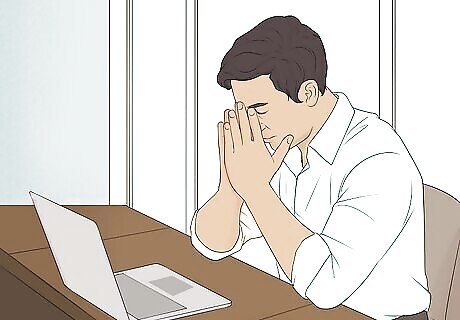
Yes, you can call off for mental health purposes. The ADA requires that employers support and accommodate their employees who have disabilities, which include mental illnesses. Calling out of work for mental health reasons falls under this accommodation umbrella. Keep in mind that your employer may still require you to give a reason for why you’re calling out. Consult your company policy or speak with HR before making your request if you're unsure what information you need to provide.
Why It’s OK to Ask Off

Your mental health and well-being are important. Mental health may be a less visible aspect of our well-being, but that doesn’t make it any less important. Research shows that mental health conditions like depression can raise your odds of developing long-term health conditions, including heart disease and diabetes. By taking care of your mental health, you’re caring for your physical health, too!

Everyone deserves a chance to recharge when they need to. You shouldn’t feel ashamed for taking a step back when your mental illness becomes an overwhelming force in your life. You matter, and you deserve to feel happy, energized, and supported. If taking a mental health day helps you feel a little more grounded and in control, all the better!
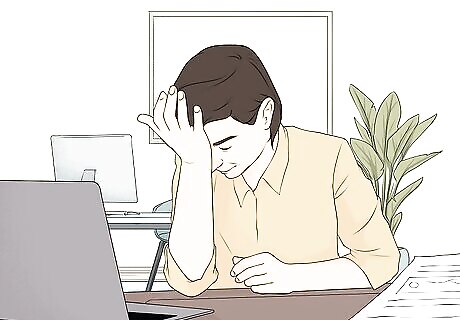
You’re not alone in your struggles. In the US alone, around 20% of all adults deal with a mental health condition at some point. If you work for a company with 100 employees, that’s 20 people who are in the same boat as you, which is a lot! Truly understanding just how many people are diagnosed with mental illness can make the process of requesting a mental health day a lot less intimidating.
Does mental illness qualify as a disability?
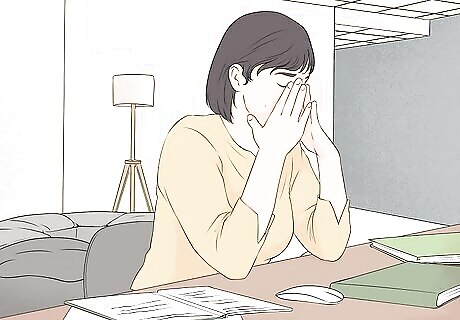
Yes, mental illness qualifies as a disability under the ADA. In the Americans with Disabilities Act’s (ADA) own words, any “physical or mental impairment that substantially limits one or more major life activities” counts as a disability. Plenty of mental illness diagnoses fall under this umbrella, including (but not limited to): Anxiety disorder Bipolar disorder Depression Eating disorders Personality disorders (BPD, NPD, etc.)















Comments
0 comment